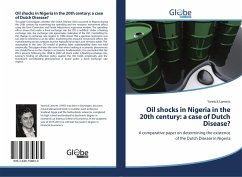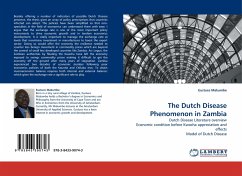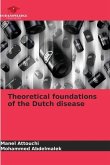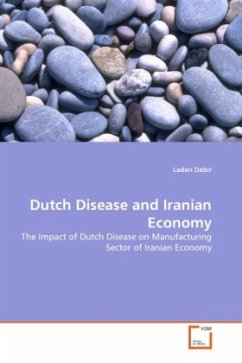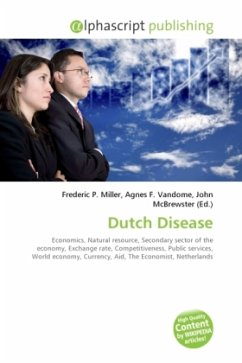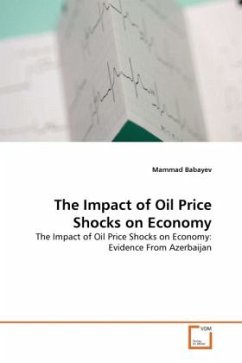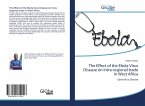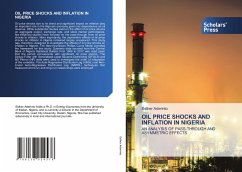This paper investigates whether the Dutch Disease (DD) occurred in Nigeria during the 20th century by examining the spending and the resource movement effect using the Error Correction and Partial Adjustment regression models. The spending effect shows that under a fixed exchange rate the DD is nullified. Under a floating exchange rate, the exchange rate appreciates indicative of the DD. Controlling for the change in exchange rate regime in 1986 shows that a spurious regression was run and no inferences can be taken. Examining the resource movement effect, the manufacturing sector contracts but the Agricultural sector's size remains stable. The assumption in the core DD model of perfect labor substitutability does not hold empirically. This paper shares the view that when looking at economic phenomena one should focus on the change in economic fundamentals. It is concluded that the DD is present following the 1998 to 2002 oil shock under a floating exchange rate, Looney's findingof effective policy against the DD holds empirically and the Dornbusch overshooting phenomenon is found under a fixed exchange rate regime.
Bitte wählen Sie Ihr Anliegen aus.
Rechnungen
Retourenschein anfordern
Bestellstatus
Storno

